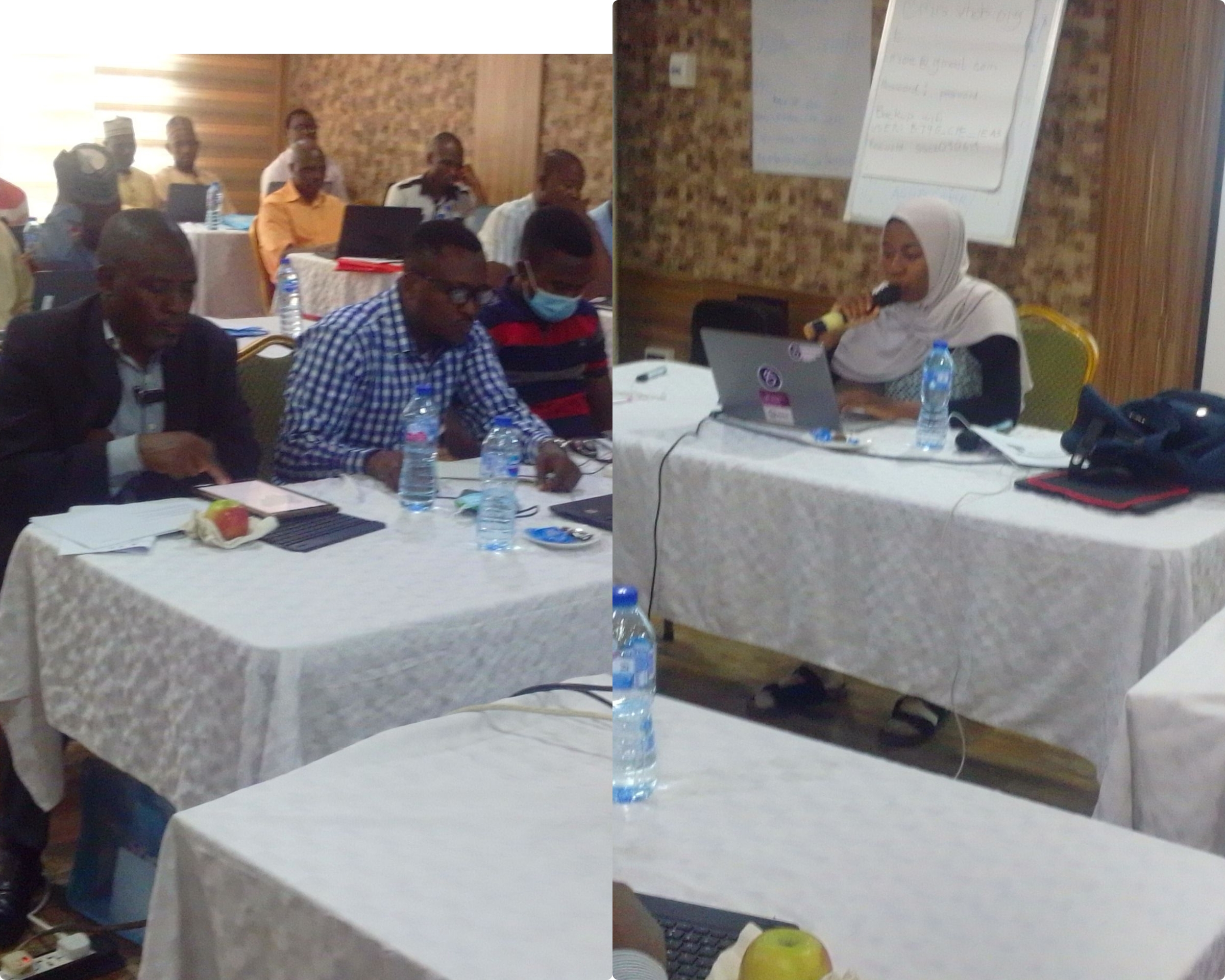By Felix Khanoba
Determined to shore up basic education delivery, the United Nations Children’s Fund (UNICEF) has rolled out a scheme to boost management of relevant data in the nation’s education sector.
The UNICEF Nigeria’s scheme aimed at strengthening Education Management Information System (EMIS), has a five-year strategic masterplan with Adamawa, Borno and Yobe as pilot states.
The project centres on the use of software to obtain required information regarding schools, number of pupils, teachers, gender, among others, for necessary interventions.
One of the experts in the project, Dr Olusesan Makinde, explained that once the system is fully deployed, education stakeholders would have ready information that would enable them track teaching outputs, teachers supply ratio, locations where additional classrooms would be required, among other benefits.
Speaking at a three-day hands-on training session for stakeholders from the three northeast states, which was held in Abuja from Wednesday to Friday, the research expert noted that contemporary education delivery requires strategic planning and processes if the objectives must be met.
According to Makinde, challenges thrown up by insurgency in the north, including the outbreak of Covid-19 requires that decision makers or policy makers must be armed with the relevant information to back their actions.
Makinde, who is the Managing Partner of Viable Knowledge Masters, said, “When you look at development, education is one of the important or vital vessels that you need for development and to properly plan you need to know what you currently have on ground and where there are shortcomings and in a situation where this is not readily available you may be planning in the dark, so that is what necessitated UNICEF to support the state governments across these humanitarian affected states.
“For instance, in these particular three states I just mentioned, Borno, Yobe and Adamawa, there has been need to relocate from some local governments, there has been insurgency, and you don’t even know where the schools that are functioning are for you to even think of may be you want to re-allocate teachers to those schools. If you want to send students from one particular location to the other.
“Beyond emergency situations, education data is very important for planning, for instance talking about the learning outcomes, if you know that the students in a particular school are not performing as expected in terms of resources that you are putting in, then you probably want to rejig things there but if you don’t have the data available for you to even know that the students are under performing, because you require it to be in a format whereby you can easily analyse it and take that decision that since the students are not performing well to either create more schools.”
Also speaking, a deputy director, planning, research and statistics, Yobe State Ministry of Basic and Secondary Education, Ibrahim Sani Audu, said the programme was a right step in the right direction to tackle some of the educational challenges in the state.
“We have a lot of challenges but with the intervention of UNICEF and other NGOs, they are really helping because when they give us the training, we step it down for those that were not able to attend the training.
“We have also received so much support from UNICEF and other NGOs. They are building the capacity of our teachers; currently they are training about 6,000 teachers that don’t have teaching qualifications but are in the classrooms.
“They have given those types of support and by this EMIS, they are building our capacity that when we conduct our annual school census, you will definitely see improvement,” he said.
On his part, Thomos K. Amos, an official of Adamawa State Ministry of Education and UNICEF focal person, said the training would go a long way to build the capacity of participants for better education delivery.
“It is all about validation of the education management information system. We have been working for many years and the expectation is very much high to add more knowledge to the one will have before and I believe this workshop will add more knowledge.”



